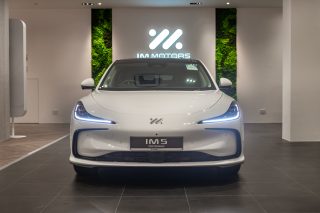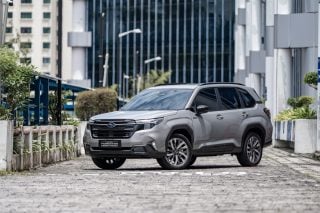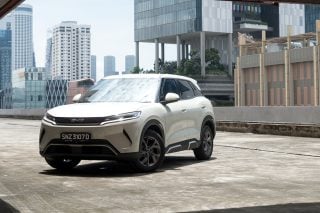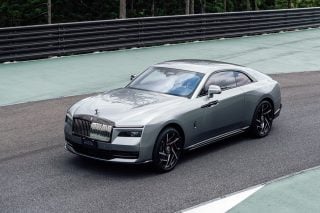
Electric cars available in Singapore include the Hyundai Kona Electric, Kia Niro EV, Nissan Leaf and BMW i3.
Singapore’s electric car dreams are still a work in progress. We won’t get 28,000 charging points till 2030, and the cost barrier to owning an EV (electric vehicle) remains relatively high. But hey, at least we’re trying, right?
That said, there are advantages that electrons have over fossil fuels that are tough to argue against.
Instantaneous power, lower running costs, zero tailpipe emissions and better refinement are just some of the edges electric motors have over internal combustion engines.
Here are three other practical advantages that have become even more attractive during the circuit-breaker period.

EVs do not have to be serviced as regularly as conventional cars. Their maintenance costs are also substantially less. (Photo: Low Fai Ming)
NO SERVICING? NO PROBLEM!
If I had an electric car, I wouldn’t have to worry about workshops being closed. I wouldn’t worry about needing to get it serviced.
That’s because unlike an internal combustion engine, an electric motor doesn’t require an oil change. There are no wear-and-tear components to be replaced either.

Torque‘s resident mechanical engineer checking out a Nissan Leaf. (Photo: Tan Meng Choon, March 2019)
THEY GO LONGER WITHOUT CHARGING.
Regular cars have batteries that supply power to the starter motor to fire up the engine. While the engine is running, the alternator charges the battery.
So, if you don’t drive your car regularly, or at least weekly for 30 to 40 minutes, the battery may get discharged. That’s bad news.
But you’d worry less about this if you had an electric car. Even with 10 percent battery life, an electric car can still be switched on and driven. Although in this state, its systems will probably restrict it to low speeds to conserve the remaining charge.
However, an electric car’s battery can still go flat even if it’s not being used. This is because many cars have systems that draw a residual charge from the battery, according to our resident engineer Shreejit Changaroth.
Said systems include the car alarm, in-car camera and any functions with memory settings, such as seats. To keep these memories “alive”, the related systems continue drawing a small amount of current even while the car is parked.

Photo: Tan Meng Choon, March 2019.
ELECTRIC MOTORS DON’T HAVE TO RUN REGULARLY.
Internal combustion engines work best when they run regularly. One reason for this is that the engine oil has to circulate and lubricate the various components regularly.
Not driving your car for long periods can be detrimental to the engine. You should drive your vehicle once a week for 30 to 40 minutes.
Electric cars and their motors, on the other hand, will be fine even if left idle for long periods. Electric motors last a very long time and it is very rare for them to break down.
Singapore Budget 2020: Gov’t push for EVs and cleaner cars
5 things that motorists want before they’ll seriously consider buying an electric car in Singapore












